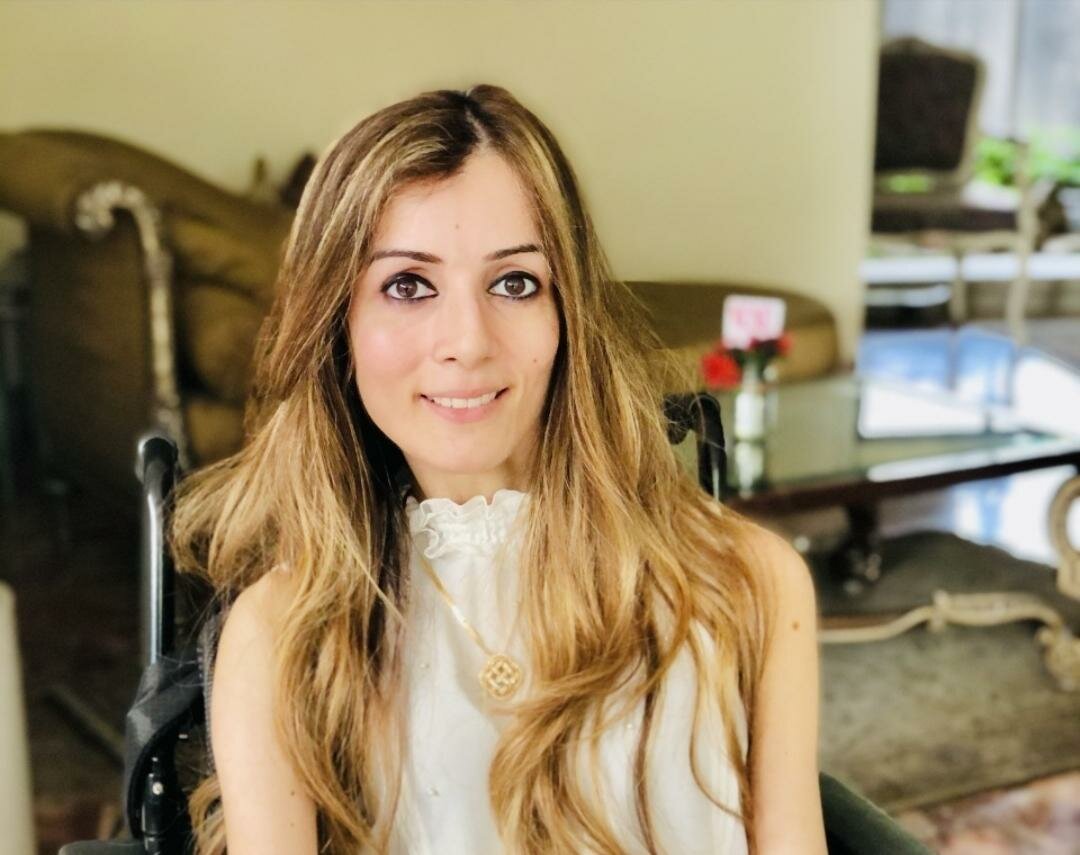“I wanted to become a surgeon but after my accident, I was unable to pursue that. I chose law instead given my family’s background in the field, but law grew on me and I realised that this degree and profession could offer me the tools and the path to make a difference in the lives of people with special needs. Being rendered differently-abled myself since my accident, I had been concerned about the lack of accessible public spaces for wheelchair users. What was a personal quest, became a pathway for advocacy around rights of differently-abled persons and their dignity in 2018 when I filed a writ petition through GSC Law in the Lahore High Court seeking implementation of LDA’s specific regulation, that required for public buildings to provide ramps and toilets for wheelchair users/differently-abled persons. Despite our earnest efforts, this petition did not gain traction. I observed that our laws, procedures and systems are not made for speedy disposal of justice. I think better mechanisms can be made to strike the delicate balance between speedy justice and right to fair trial for all parties involved. Currently, it seems that our legal system has failed to strike this balance.
Very recently, however, we filed a fresh petition within a broader lens of dignity, fundamental rights and pursuit of life and liberty for the differently-abled persons deserving equal protection and equal rights in law and society as it calls for compliance with laws and regulations requiring provision of ramps and toilet facilities for the differently-abled in public spaces. It is very important to ensure that our public spaces are inclusive for all, because everyone should have equitable access to them. We can no longer ignore people who have different needs as they have a right to live an independent and dignified life. We are hopeful that this will lead to a more accessible and inclusive society.
Like in any other profession, women are under-represented in the legal field however, I strongly believe that future will be diverse! The biggest lesson has been the realisation of the fact that sometime even one voice is enough to bring about change. I learned that if I don’t raise my voice for my rights I couldn’t expect others to do so. I would encourage more women to become lawyers as women are inherently programmed to selflessly fight for others and that is a big gift. Once you know the law, you know what your possibilities are.”

